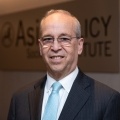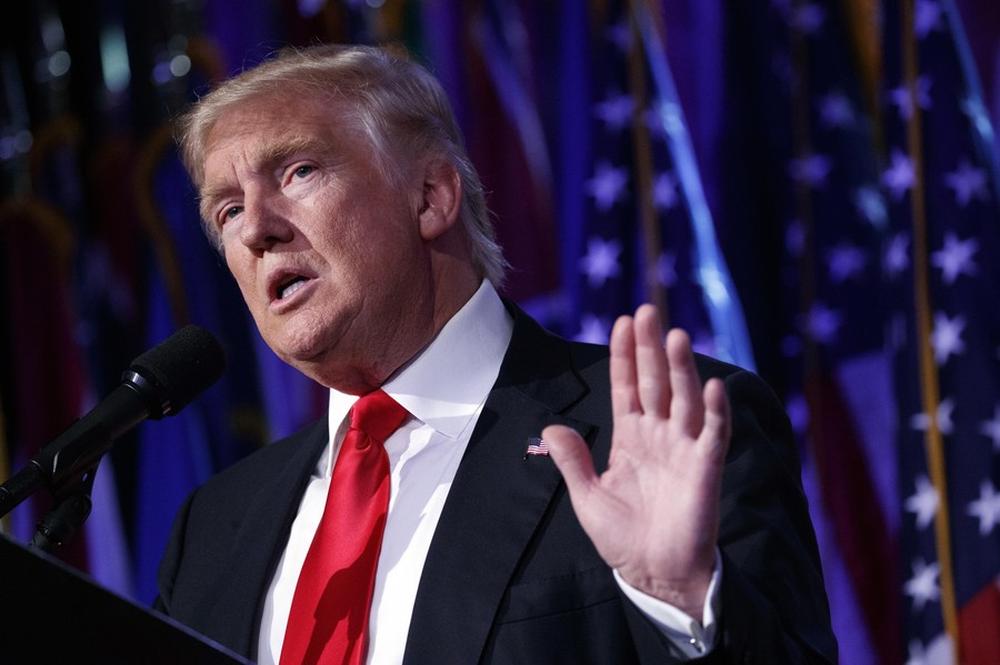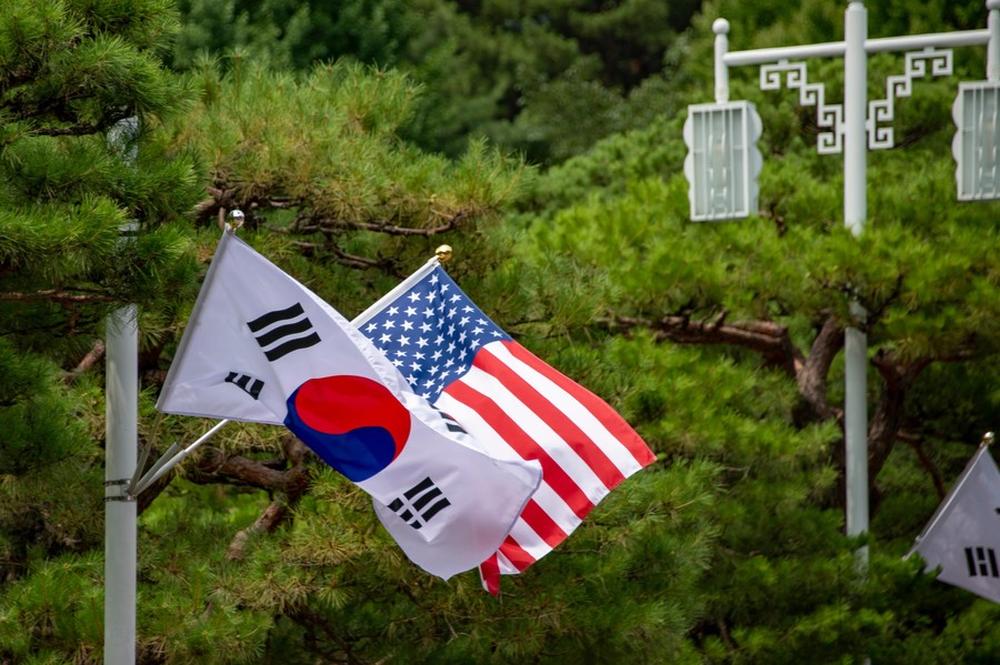
- #Japan
- #North Korea
- #Technology & Cybersecurity
- #US-ROK Alliance

► The U.S.-ROK-Japan trilateral partnership has evolved into a structured framework addressing security, economic, and technological challenges, with key milestones like the Camp David Summit (2023) and Lima APEC Summit (2024).
► The creation of a trilateral secretariat aims to institutionalize coordination, focusing on North Korea deterrence, resilient supply chains, and technological collaboration, but political uncertainties and historical tensions pose challenges.
► Trump’s second term and leadership changes in Tokyo and Seoul could shape the future of trilateral cooperation, with opportunities in economic security and technology, yet risks from Trump's transactional diplomacy and regional domestic opposition remain.
The trilateral partnership among the United States, South Korea, and Japan is vital to regional stability in Northeast Asia. Over the years, this collaboration has evolved from occasional, ad hoc coordination into a structured and strategic framework. Key milestones include the 2017 summit at the United Nations General Assembly, where then-President Trump, Prime Minister Shinzo Abe, and President Moon Jae-in underscored the importance of unity in addressing North Korea and other shared security concerns. This summit demonstrated the potential for alignment, setting the stage for the institutional commitments achieved in recent years.
Fast forward to the Camp David Summit in August 2023, and to November 2024, when new commitments were made by the three leaders at the APEC meeting in Lima. The Camp David Trilateral Summit marked a watershed moment, laying out a detailed framework for military, economic, and technological collaboration. The leaders pledged to enhance North Korea deterrence through joint exercises, intelligence sharing, and integrated missile defense. On economic security, they agreed to build resilient supply chains for critical materials like semiconductors and rare earths. They committed to technological cooperation including joint development and standardization of emerging technologies, from artificial intelligence to advanced telecommunications.
The recent Lima APEC Summit in November reinforced these commitments with the creation of a trilateral secretariat. This new body, designed to ensure continuity and coordination, will focus on translating pledges into action. It is tasked with streamlining efforts across security, economic, and technological domains.
With President-elect Trump returning to office and Shigeru Ishiba now holding the reins in Tokyo, the question is whether the progress made in recent years can be sustained. The stakes are high given rising security threats from North Korea, intensifying strategic competition with China, and the global race for leadership in advanced technologies. The establishment of a trilateral secretariat, announced in Lima, represents progress in institutionalized cooperation, but political uncertainties pose significant challenges. Still, the strategic alignment between the objectives set forth in the Camp David framework and the priorities of the incoming Trump administration suggest a potential for robust trilateral engagement—if managed carefully.
Then-President Trump played a role in advancing trilateral diplomacy during his first term. In his 2017 remarks alongside Abe and Moon, Trump framed the trilateral partnership as a “demonstration of our collective resolve” and underscored the importance of unified action in the face of threats from North Korea and China. In his second term the outlook for trilateral cooperation will be impacted by his priorities and negotiating style. Trump’s transactional approach to diplomacy is likely to lead to fresh pressure on Japan and South Korea to increase their defense spending and financial contributions to support U.S. forces, including by threatening their reduction or withdrawal. On the other hand, his focus on economic security and technological leadership aligns closely with the goals outlined at Camp David and in the Lima Summit. For instance, Trump’s emphasis on securing supply chains and protecting American industries dovetails with trilateral efforts to reduce economic dependencies on China for critical materials and other inputs. His administration’s prioritization of competitiveness in advanced technologies such as AI and 5G also offers common ground for collaboration.
Prime Minister Ishiba brings a steady hand to Tokyo’s defense policy. He has long advocated for closer ties with the United States and South Korea, making him a natural partner for advancing trilateral goals. However, domestic challenges, particularly his politically weak position as the leader of a minority government, may constrain Ishiba’s ability to fully partner in trilateral initiatives.
In Seoul, President Yoon Suk Yeol has shown a strong commitment to the trilateral framework. Public opposition in South Korea to closer ties and expanded cooperation with Japan, however, could undermine progress, particularly on sensitive issues like intelligence sharing. This underscores the importance of demonstrating the tangible benefits of trilateral cooperation to the public, from enhanced security to economic resilience, to win over skeptical domestic audiences in all three countries.
Despite these challenges, the structural imperatives for trilateral cooperation remain compelling. North Korea’s provocations demand a unified response, and the newly established secretariat provides a mechanism to ensure consistent coordination. China’s growing influence in the region also necessitates closer alignment among the three nations, both to counter coercive economic practices and to uphold a rules-based order. Concern over China's growing influence and assertive behavior serves as a unifying factor between Washington, Tokyo, and Seoul, fostering a stronger willingness to collaborate with allies—an approach even embraced by some America First proponents who accept that collective action is essential to counterbalance Beijing’s strategic ambitions.
Trump’s emphasis on getting allies to do more and on economic security offers opportunities to deepen collaboration on shared priorities. For example, expanding joint military exercises and integrating missile defense systems would align with Trump’s focus on getting allies to strengthen their capabilities while addressing the pressing threat posed by Pyongyang. Similarly, Trump’s interest in securing critical supply chains fits neatly with trilateral efforts to reduce economic vulnerabilities.
Technological cooperation offers another avenue for alignment. By pooling resources and expertise, the United States, Japan, and South Korea can lead in setting global standards for emerging technologies. This not only enhances their collective competitiveness but also counters the authoritarian model of technological governance promoted by China. Trilateral initiatives in clean energy, digital infrastructure, and artificial intelligence could further cement their leadership in the global economy.
Another positive factor is the bipartisan support in Washington for America’s Asian allies and the broader trilateral relationship. Senator Marco Rubio, the nominee for Secretary of State, has been a vocal advocate for strengthening ties with Japan and South Korea. Rubio’s endorsement in 2023 of the trilateral partnership as a critical tool for addressing regional threats and promoting shared values suggests he will seek continuity in the strategic approach to key U.S. alliances in Asia. In his role as Secretary of State, he could play a valuable role within the Trump administration in support of the trilateral relationship as well as in dealing with the complexities of trilateral diplomacy.
Still, significant hurdles remain. The transactional and unilateralist nature of Trump’s diplomacy could strain relationships, particularly if burden-sharing demands are perceived as unreasonable. Historical disputes between Japan and South Korea continue to cause friction and can threaten to derail progress, particularly if the United States does not play a supportive role. And differences in approach to North Korea—particularly Trump’s preference for high-stakes personal diplomacy–could complicate unified action.
To overcome these challenges, the trilateral partnership must become more institutionalized and resilient. The new secretariat offers a promising start but will require sustained political will. Public diplomacy will also be crucial. Investing in cultural exchanges, academic collaborations, and media outreach can help build grassroots support for trilateral cooperation, particularly in South Korea and Japan, where historical grievances often overshadow the benefits of partnership.
The 2017 trilateral summit that Donald Trump attended demonstrated the power of unified leadership in addressing shared challenges. The years since have shown how far the partnership can go when commitments are followed by action. The next phase of trilateral cooperation will require building on that foundation, aligning priorities with the new political realities, and staying focused on the long-term vision. The United States, South Korea, and Japan can safeguard their own interests and shape a more secure future of the Indo-Pacific through sustained trilateral cooperation.

Daniel Russel is Vice President for International Security and Diplomacy at the Asia Society Policy Institute (ASPI). A career member of the U.S. Senior Foreign Service, he previously served as Assistant Secretary of State for East Asian and Pacific Affairs and as Special Assistant to President Obama, helping shape the U.S. strategic rebalance to the Asia-Pacific. His diplomatic postings include Japan, South Korea, the Netherlands, and Cyprus. An author and recipient of the State Department's Una Chapman Cox Fellowship, Mr. Russel studied at Sarah Lawrence College and University College London.
